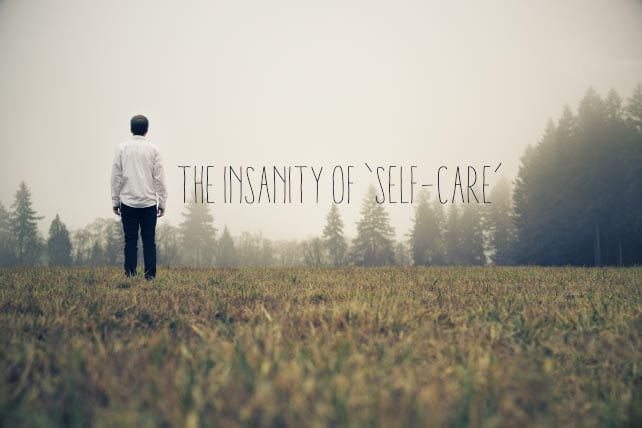The self-care movement strives to address the stresses of everyday life with simple, practical habits.
Clinically, “self-care” has to do with anything someone might do for the sake of their own physical or mental health, including, for instance, eating well, exercising or sleeping eight hours a night. Functionally today, the articles seem to focus more on stress management, and often target women in the workplace (often with major responsibilities at home and at work). Self-care strategies attempt to apply structure and discipline to “me-time,” re-centering our world around ourselves (wouldn’t Ptolemy be proud?), and looking for hope, healing and stability from some hidden place deep within ourselves.
The list of strategies will vary from website to website, but they will often be some combination of the following steps (in this case, developed by the faculty at the University at Buffalo):
1. Start eating healthier.
2. Work out regularly.
3. Reduce stress.
4. Prioritize and schedule your time better.
5. Relax.
6. Practice “mindfulness.”
7. Be good to yourself.
OK, but how do you “reduce stress”—for instance, stress about a struggling marriage, or about consistent interpersonal conflict at work, or about years of chronic pain or disease, or about habitual, demoralizing personal sin or weaknesses? Here are a few suggestions from one PhD in philosophy:
- “Blow bubbles.”
- “Plant a flower.”
- “Hum a tune.”
- “Feed birds and squirrels.”
- “Walk a labyrinth.”
- “Listen to a cat purring.”
It’s all diversion. Every item on the list of 75+ activities is simply meant to get your mind off of the stressor. It’s the licensed healthcare equivalent of turning up Taylor Swift so loud you couldn’t possibly think about anything else. Just shake it off. It’s medication by distraction, not redemption. Practicing forgetfulness, rather than pursuing forgiveness.












